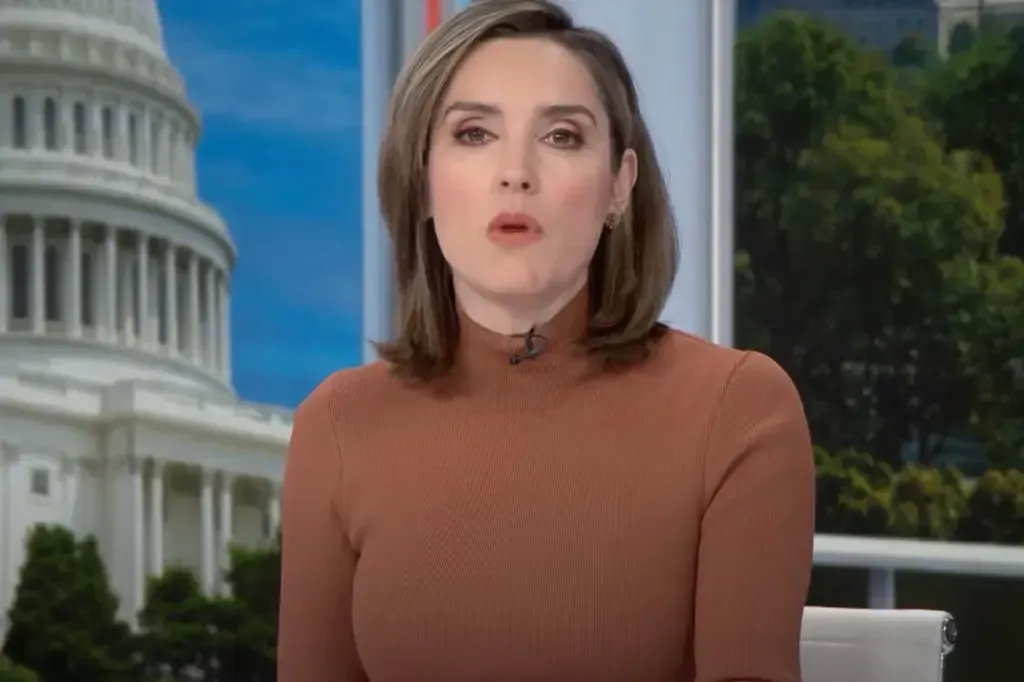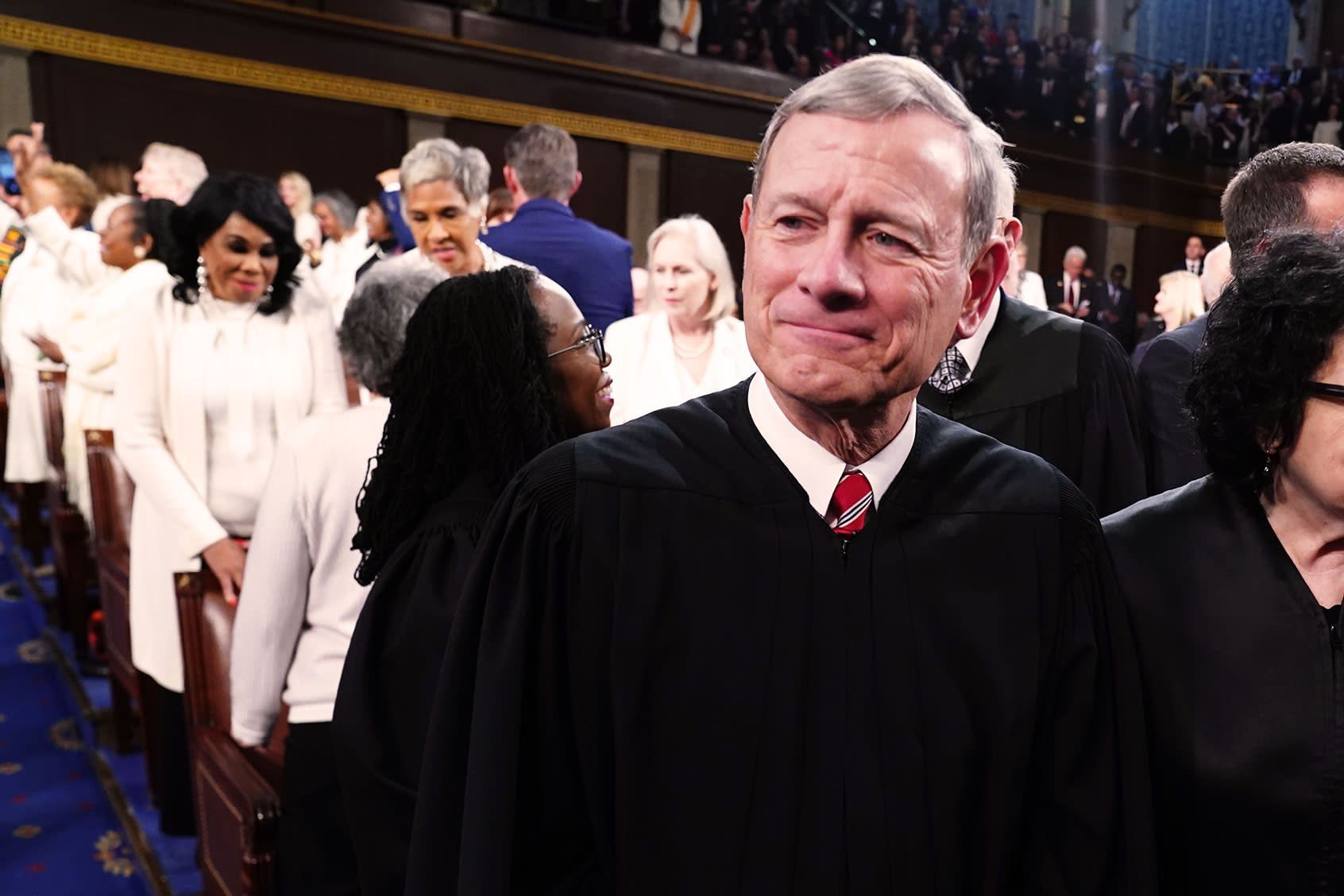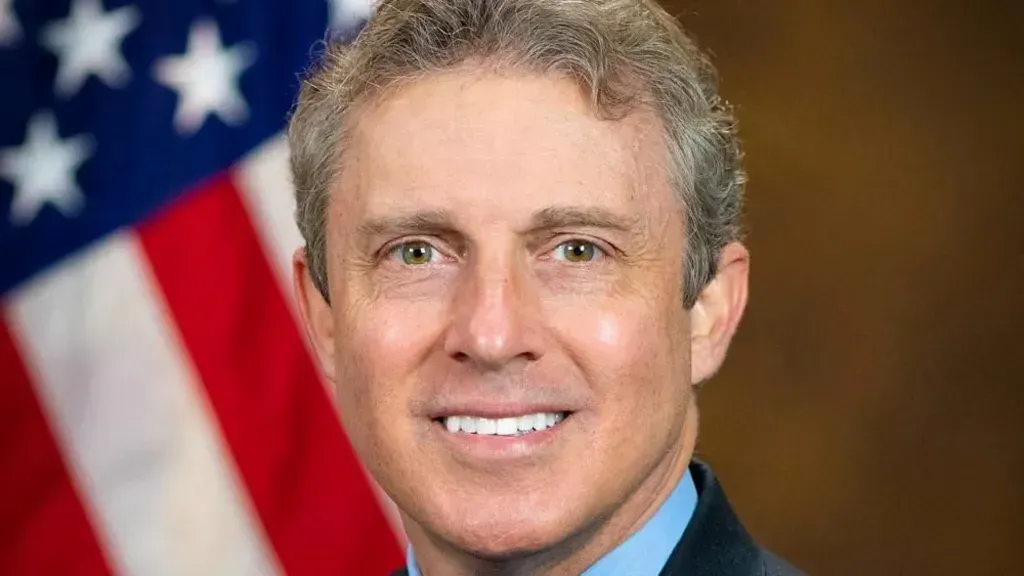In a recent episode of CBS's 'Face the Nation,' Secretary of State Marco Rubio defended Vice President JD Vance's speech at the Munich Security Conference, which criticized European censorship practices. The discussion intensified when host Margaret Brennan suggested that free speech had been 'weaponized' in Nazi Germany to facilitate the Holocaust.
Vance's Critique of European Censorship
At the Munich Security Conference, Vice President Vance addressed concerns over Europe's approach to free speech, likening some censorship measures to 'Soviet-style' tactics. He argued that such practices undermine democratic values and stifle open discourse. Vance's remarks were met with mixed reactions from European leaders, some of whom defended their policies as necessary safeguards against hate speech and extremism.
Rubio's Defense on 'Face the Nation'
During the 'Face the Nation' interview, Brennan questioned the impact of Vance's speech, suggesting it might have irritated U.S. allies. Rubio responded by emphasizing the importance of free speech in democratic societies, stating, 'Why would our allies or anybody be irritated by free speech and by someone giving their opinion? We are, after all, democracies.' He further asserted that open dialogue is essential among democratic nations and that expressing differing opinions should not be a source of contention.
Debate Over Free Speech and Historical Context
The conversation took a contentious turn when Brennan posited that free speech had been 'weaponized' in Nazi Germany to conduct genocide. Rubio refuted this claim, clarifying that the Holocaust was perpetrated by an authoritarian regime that suppressed dissenting voices. 'There was no free speech in Nazi Germany,' Rubio stated. 'The genocide was conducted by an authoritarian Nazi regime that... hated Jews and they hated minorities.' This exchange highlights the complexities in discussions about free speech, historical events, and the responsibilities of modern democracies to balance open discourse with the prevention of hate speech.
Broader Implications for U.S.-Europe Relations
Vance's speech and the subsequent debate underscore differing perspectives between the U.S. and Europe regarding free speech and censorship. While American leaders advocate for minimal restrictions on expression, European policies often involve stricter regulations to curb hate speech and prevent the rise of extremist ideologies. This divergence raises questions about how democratic societies can best uphold the principles of free speech while protecting citizens from harmful rhetoric.
As global political dynamics evolve, the discourse surrounding free speech and censorship remains a critical area of engagement for international leaders. The recent interactions between U.S. officials and European counterparts reflect ongoing efforts to navigate these complex issues in a manner that respects cultural differences and historical contexts.



